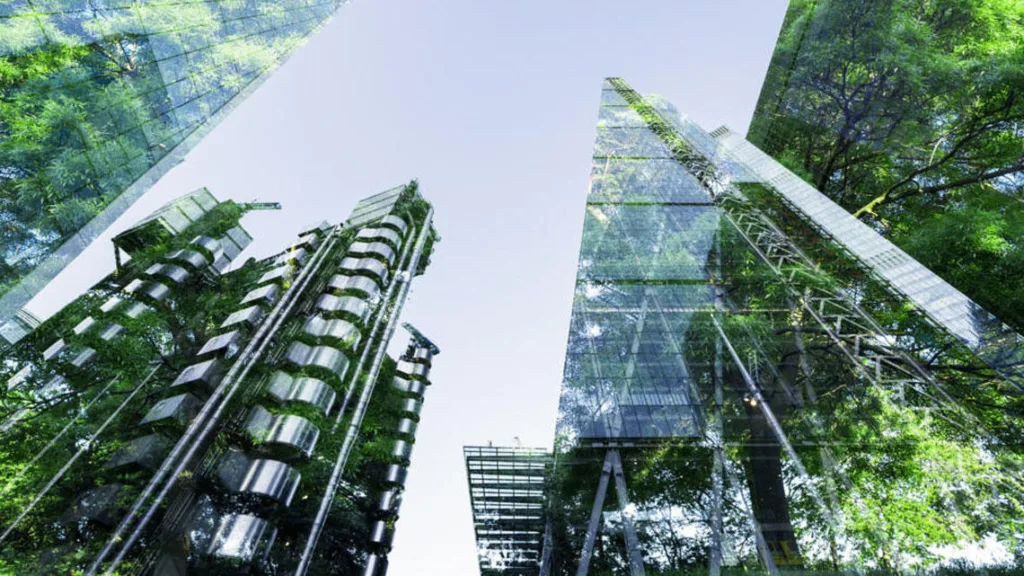Authors
Communications
“We live in an economy where if you pollute, you do not pay the price. If you use nature, most of the time it is free. And yet we know that either the pollution is getting really serious or the resources are getting scarce. We must factor this into our economic system.” Peter Bakker, IUCN Congress, Hawaii.
“We live in an economy where if you pollute, you do not pay the price. If you use nature, most of the time it is free. And yet we know that either the pollution is getting really serious or the resources are getting scarce. We must factor this into our economic system.” Peter Bakker, IUCN Congress, Hawaii.
Key takeaways from the event:
• Natural Capital is still seen by many organizations as a way to privatize nature.
• The limits of certification, as well as the benefits of landscape/jurisdictional level approaches and multi-stakeholder partnerships are increasingly being acknowledged.
• Nature-Based Solutions, are emerging as important solutions to the erosion of ecosystem services and loss of biodiversity.
• The issue of marine debris is higher on the conservation community’s agenda.
• Collaboration between business and NGO is critical to addressing the biodiversity challenge, and need to go beyond pure philanthropy.
From 1 to 10 September, Hawaii became home to IUCN’s renowned World Conservation Congress. Four years after the last meeting in Jeju, South Korea, over 10,000 leaders from government, civil society, indigenous peoples, business, and academia gathered in Honolulu to address the growing challenges associated with the conservation of nature and biodiversity.
Building on the adoption of the Aichi Biodiversity Targets, the SDGs and the Paris Agreement, the Congress was a unique opportunity to find common ground to bring forward the conservation agenda with a roadmap for the years ahead.
How WBCSD and our member companies participated
• Twenty WBCSD member companies and Global Network partners joined the IUCN Congress, showcasing business solutions and demonstrating leadership.: Accenture, APRIL, Dow, EDF, Enel, EpE, EY, Kering, Monsanto, Nespresso, New Zealand SBC, Novozymes, Performance Driven DesignS M (Arcadis), Shell, Sompo, Syngenta, Tata Power, Toyota, US BCSD, Votorantim.
• WBCSD people and members organized or spoke at eight events, participated in over 30 workshops and connected with more than 60 organizations to advance the sustainability agenda.
• We were proud to sponsor the Business and Biodiversity Pavilion, which attracted thousands of conservation professionals, and provided the perfect spot to learn, exchange, engage and partner with business representatives.
The importance of business engagement in conservation
It was clear from the discussions at the event that while the private sector’s engagement in global conservation efforts is on the rise, the business case for investing in nature is not yet fully understood.
WBCSD understands that to move the conservation agenda forward, the business case must be backed by science and understood by all stakeholders. With this in mind, we launched the NI4Biz Training Course and NI4Biz video to help raise awareness of why investing in natural infrastructure makes good business and ecological sense.
Our new infographic Why landscape approaches make business sense? also shows why companies should engage in landscape approaches to fulfill corporate commitments related to deforestation, water, social conflict, climate change and many more.
Introducing the Natural Capital Protocol
The initiatives above provide important touchstones for companies on their individual sustainability journeys. However, to reach scale, more companies must begin to use the Natural Capital Protocol and integrate their impacts and dependencies on nature in their decision-making processes.
The Congress showed that there are a range of views about the need and effectiveness of natural capital measurement and valuation. Some organizations understand and promote natural capital approaches, but there are also opposing voices that perceive natural capital as a means for business to privatize nature.
To help promote better understanding of this critical area, we introduced the Natural Capital Protocol at a series of events in order to engage in a beneficial dialogue with the conservation community.
By the time the next IUCN Congress is held in four years, we hope to be counting the businesses who are using the Protocol in their thousands.
Business engagement must remain high
As the topics of natural capital, certification, sustainable food systems, nature-based solutions and oceans continue to grow in urgency, business collaboration and engagement will continue to be a key theme in discussions and delivering solutions.
The IUCN Congress provides a unique platform for business to share solutions and network with governments, NGOs and civil society in order to advance the conservation agenda.
We will continue to build on our existing partnership with the IUCN to strengthen our collaboration.
Conserving, restoring and using our ecosystems sustainably are not only essential for human well-being and economic success. They are important for our survival.
WBCSD news articles and insights may be republished in accordance with the Creative Commons Attribution-NonCommercial-NoDerivatives 4.0 International Public License, and in accordance with our Privacy Policy. All Content must be featured with due credits.
Outline
Related
Content

WBCSD and AICPA & CIMA publish a new Integrated Performance Management framework to drive strategy performance and engage workforces
26 October, 2023

The future of food – How Kraft Heinz is working toward and contributing to a more sustainable food system
17 October, 2023

TNFD releases proposed disclosure metrics for the forest sector
19 September, 2023
